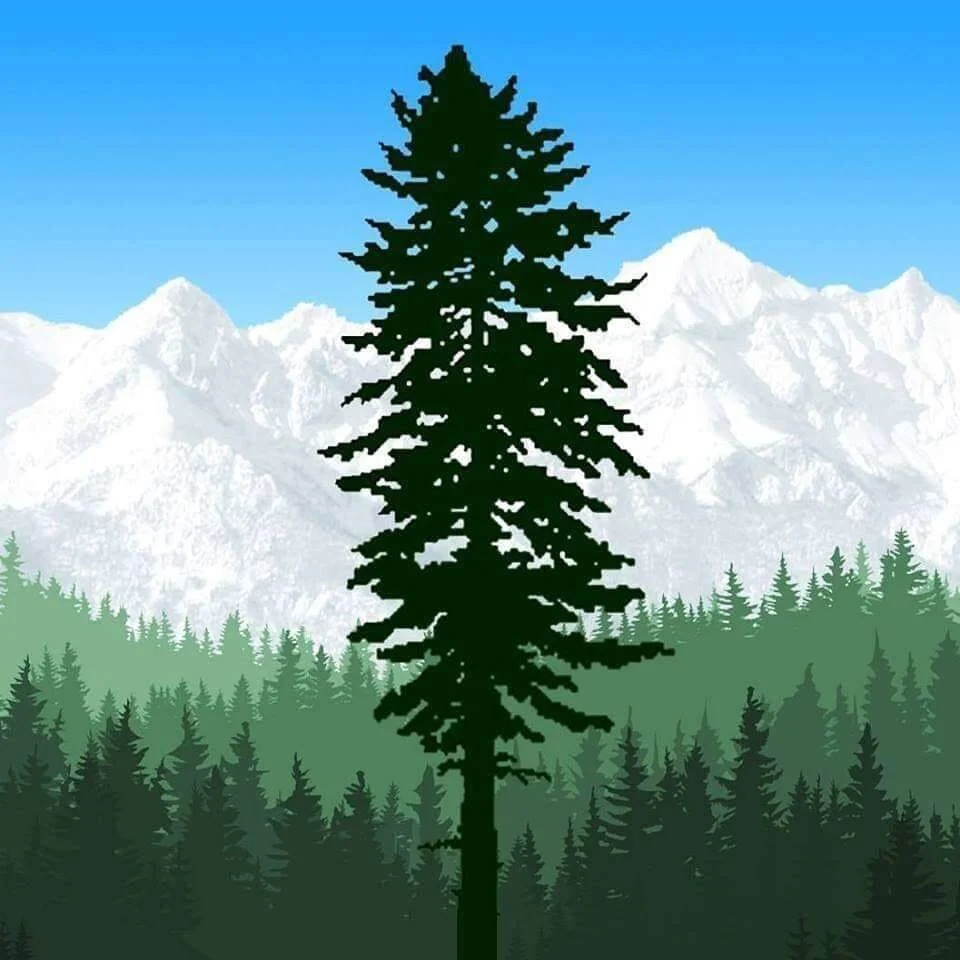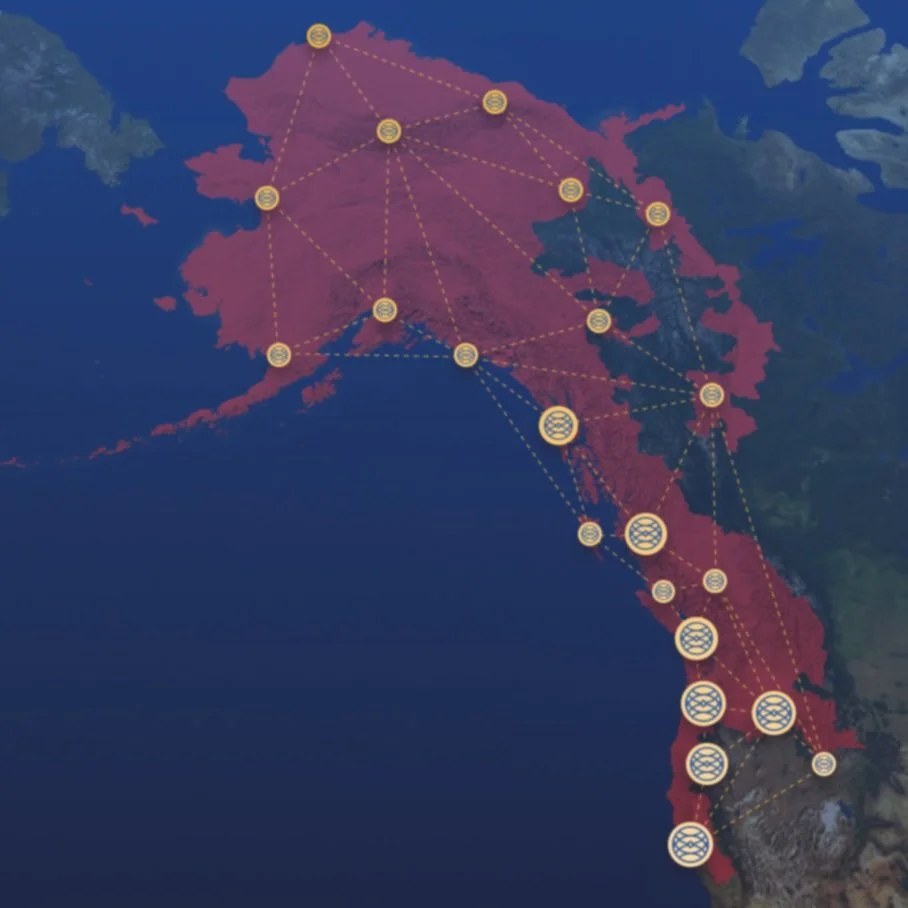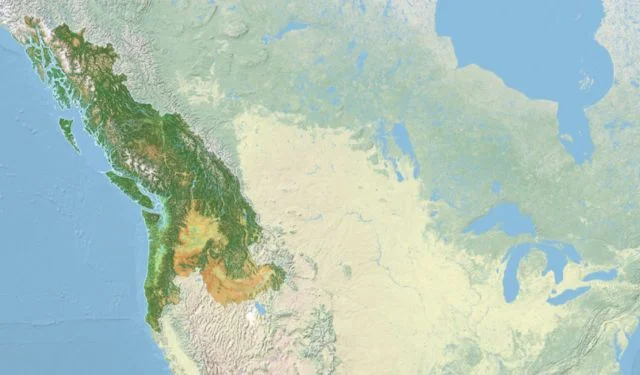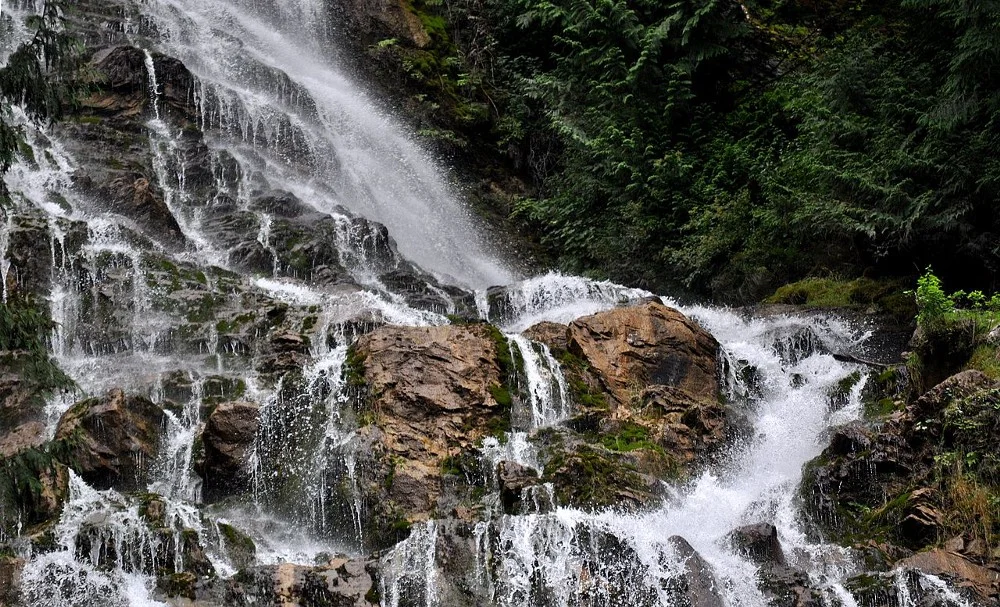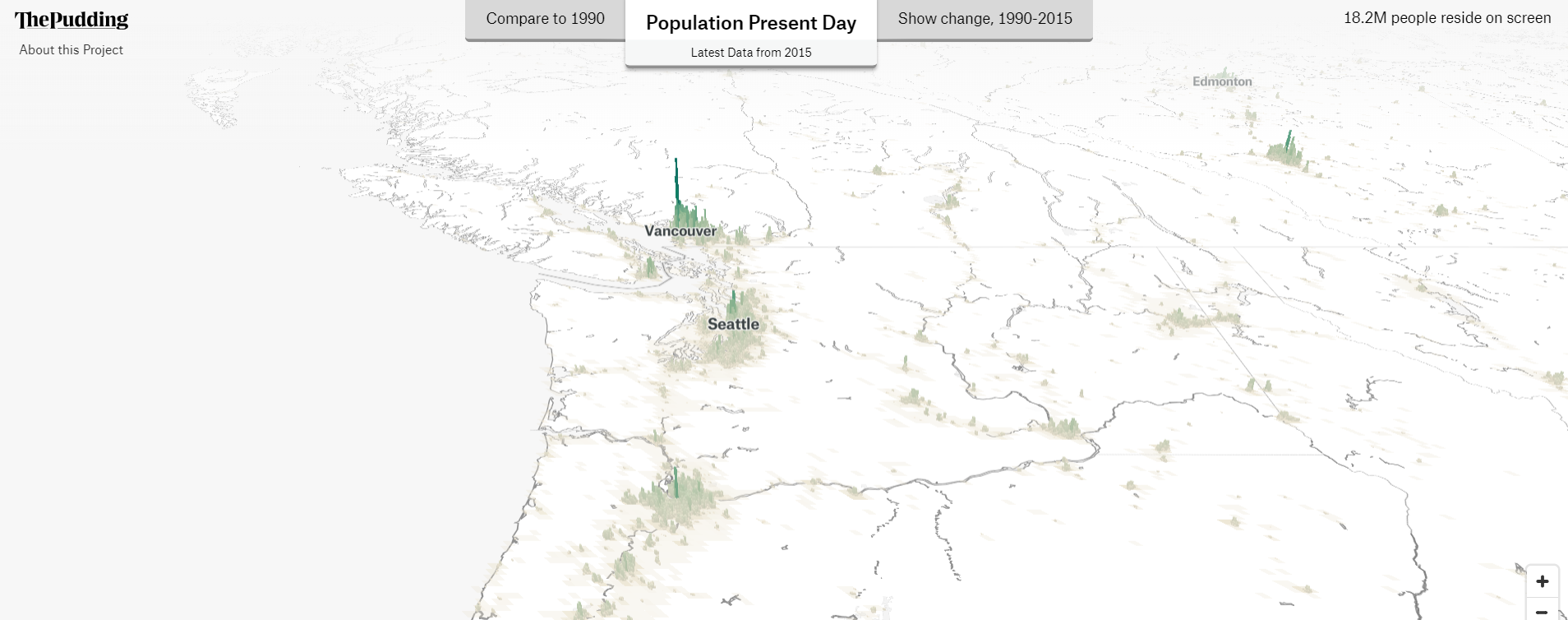The Department of Bioregion is proud to include Aaron Carasco in the Diplomat Corps as an Attaché of Education. Aaron is a life-long Cascadian, born in Oregon and currently living in Seattle. He is a Mentor Teacher in the field of Early Childhood Education. Read more to see how Cascadian education is on the raise.
Bioregional Essays: Bioregional Centres - Donella Meadows' Vision for Deep Local Change
The Department of Bioregion is excited to share an essay version of a letter read to the Leverage Points conference plenary on Friday, February 8th 2019 in Lueneburg, Germany by Isabel Carlisle and edited by Liz Clarke who help run the Bioregional Centre in South Devon, the United Kingdom.
Bioregional Passports have arrived, and they look awesome!
Case Study: Introducing the Bioregional Learning Centre in South Devon, United Kingdom
The Cascadia Department of Bioregion is excited to share this case study featuring the Bioregional Learning Centre located in the South Devon bioregion in the United Kingdom and explore how this group of passionate artists, academics and organizers has adapted bioregional organizing strategies to their watersheds.
Bioregional Beers Event to Launch Ecotopia Today: Learning From Cascadia Atlas
Join Brian Holmes, Howard Silverman, and Mack McFarland for a bioregional beer at The Oregon Public House, 700 NE Dekum St, on Saturday April 6th, at 3:30pm. They’ll discuss the online atlas Learning from Cascadia, as well as the futures of bioregionalism in the Anthropocene and a new interactive mapping tool that we will be launching. All are welcome, the first 15 folks to show up will get a free beer.
First Dept of Bioregion Flag Making Workshop hosted in Laurentia
The Cascadia Department of Bioregion is proud to announce the completion of our first bioregional flag design workshop held in New York City, in the Laurentia Bioregion of North America. It included with attendees from three different North American bioregions and focused on how bioregional flags differ from national flags, and the importance of symbols that represent place.
The History of the Salish Sea: Bert Webber discusses the Salish Sea in KNKX Feature
The Cascadia Department of Bioregion is excited to share this wonderful article, audio feature and Salish Sea series created by local Seattle radio station KNKX. The Salish Sea is a defining example of bioregionalism in action, and more people need to know the power of it’s creation, and of place making.
The Cascading Cascades of Cascadia - where does the name Cascadia come from?
Cascadia — the evocative name of a region, an idea, a movement — wild and free, defined by the waters flowing from the continental crest through the headwaters of the Pacific. Cascadia is a bioregion, the place we call home, an identity, movement and positive vision for the future. But where did this name actually come from?
The Practice of Bioregionalism: An Interview with Richard Evenoff
The Department of Bioregion is proud to share an interview between Evan O’Neil and Richard Evanoff, a professor of envrionmental ethics at Aoyama Gakuin University in Japan, who recently wrote the book Bioregionalism and Global Ethics as part of our archive of bioregionalism articles and resources. The interview originally appeared on Carnegie Council on August 3rd 2012.



